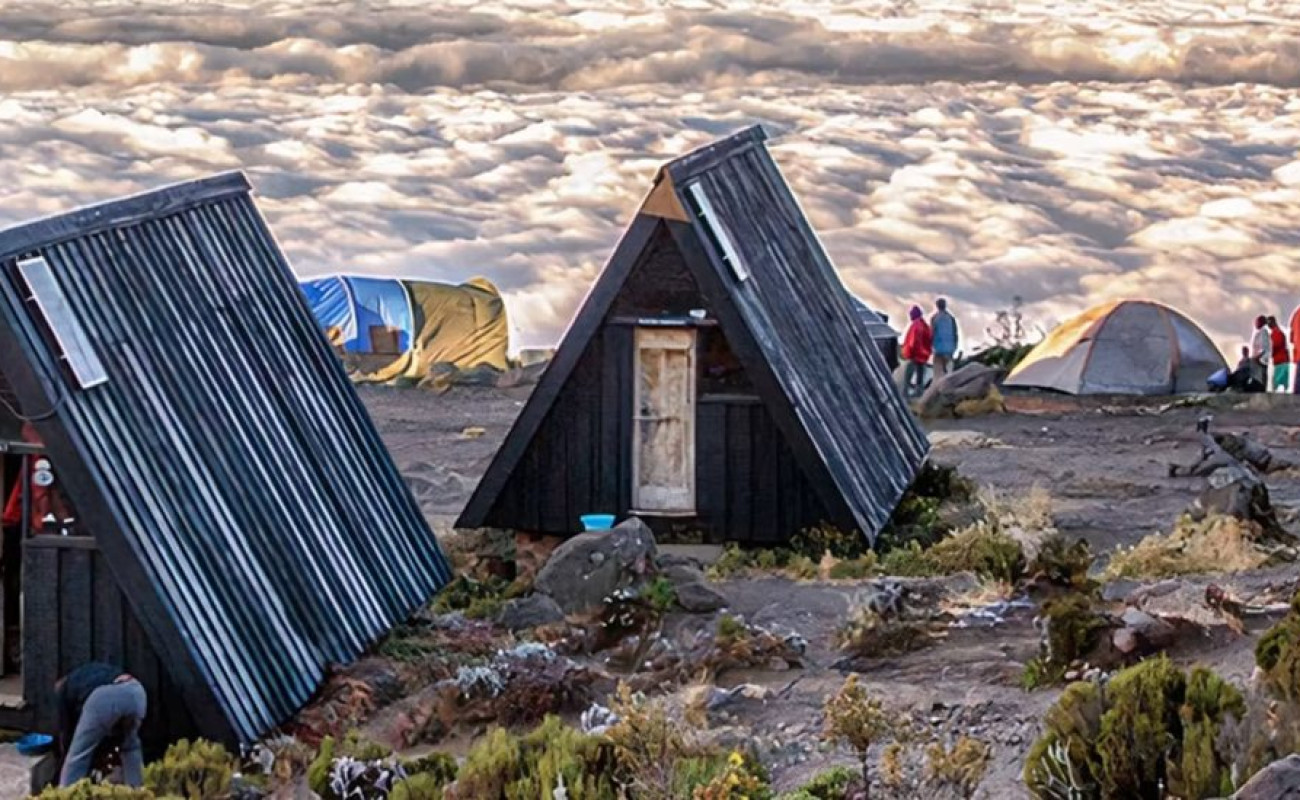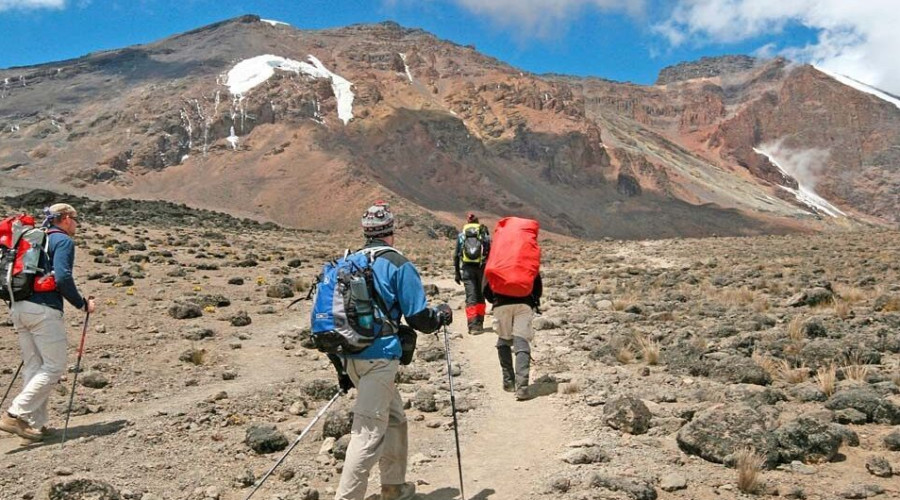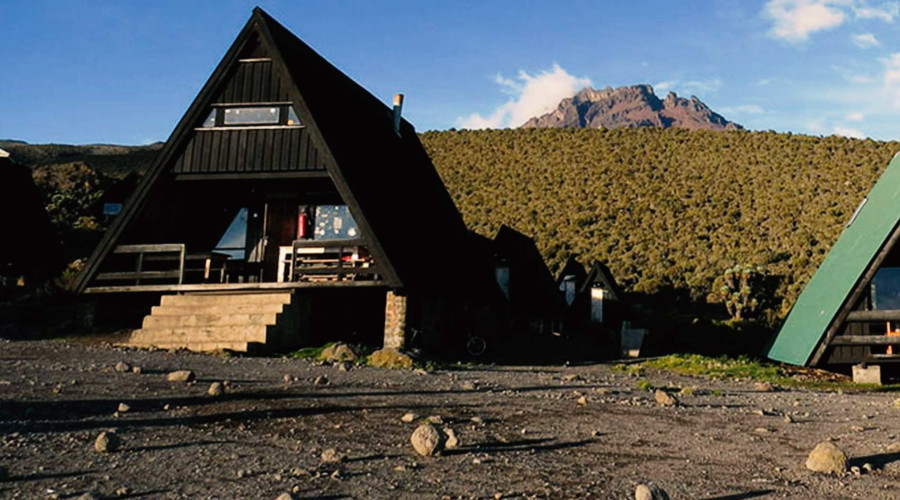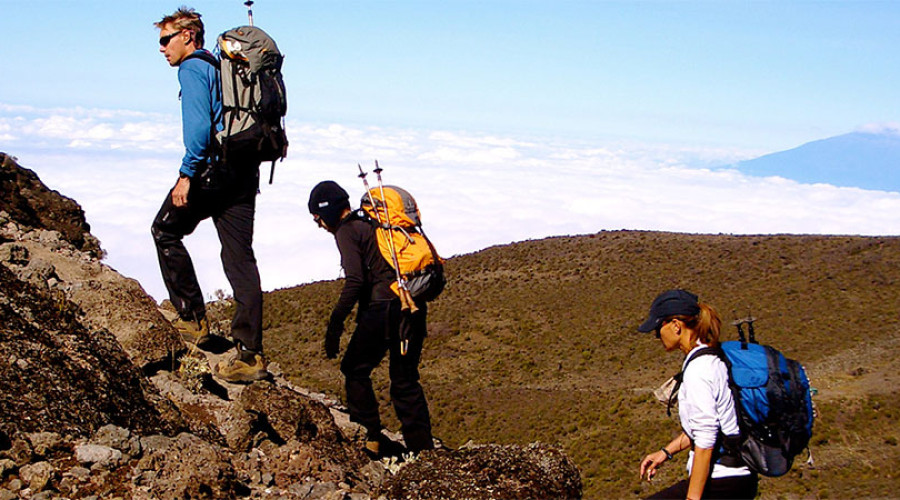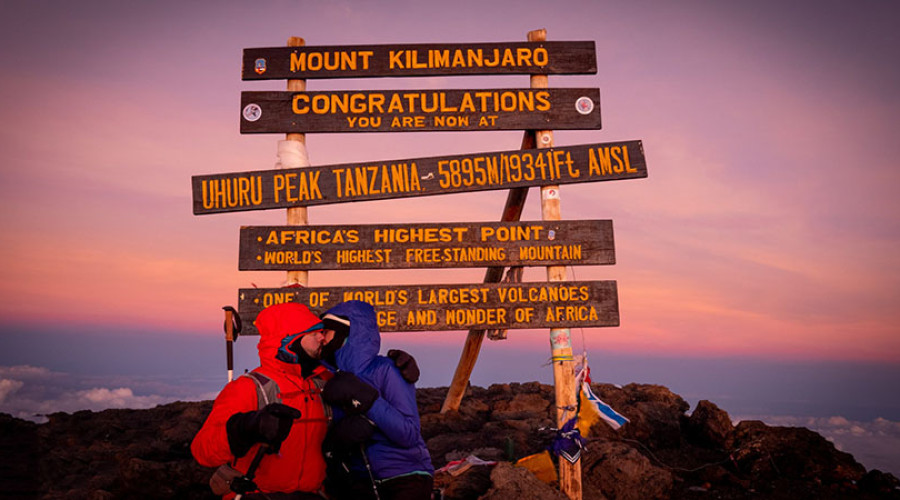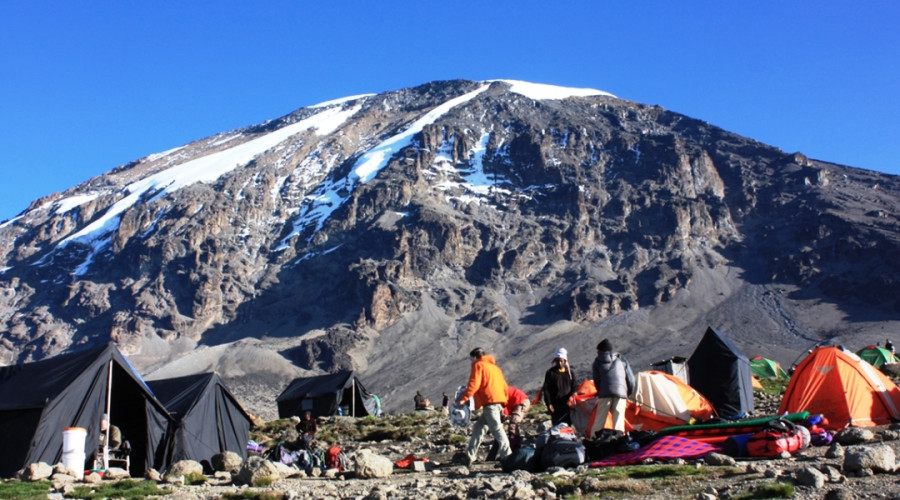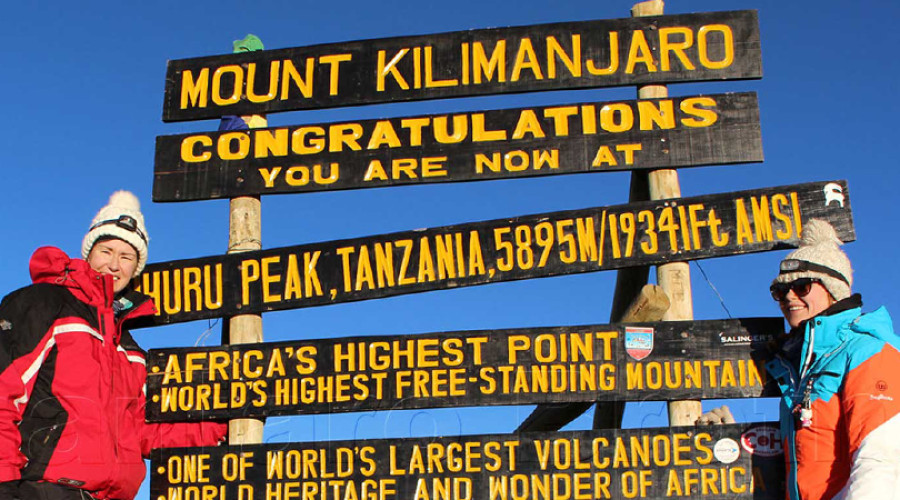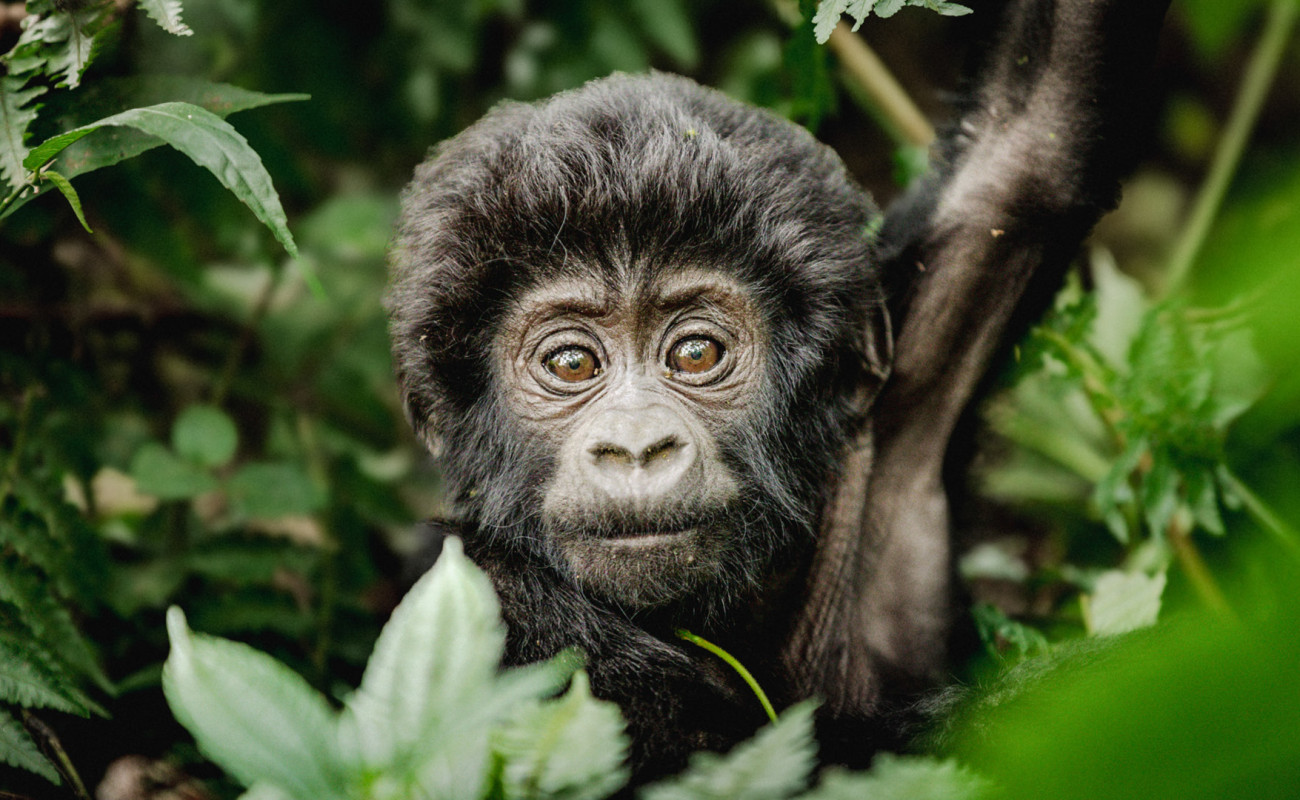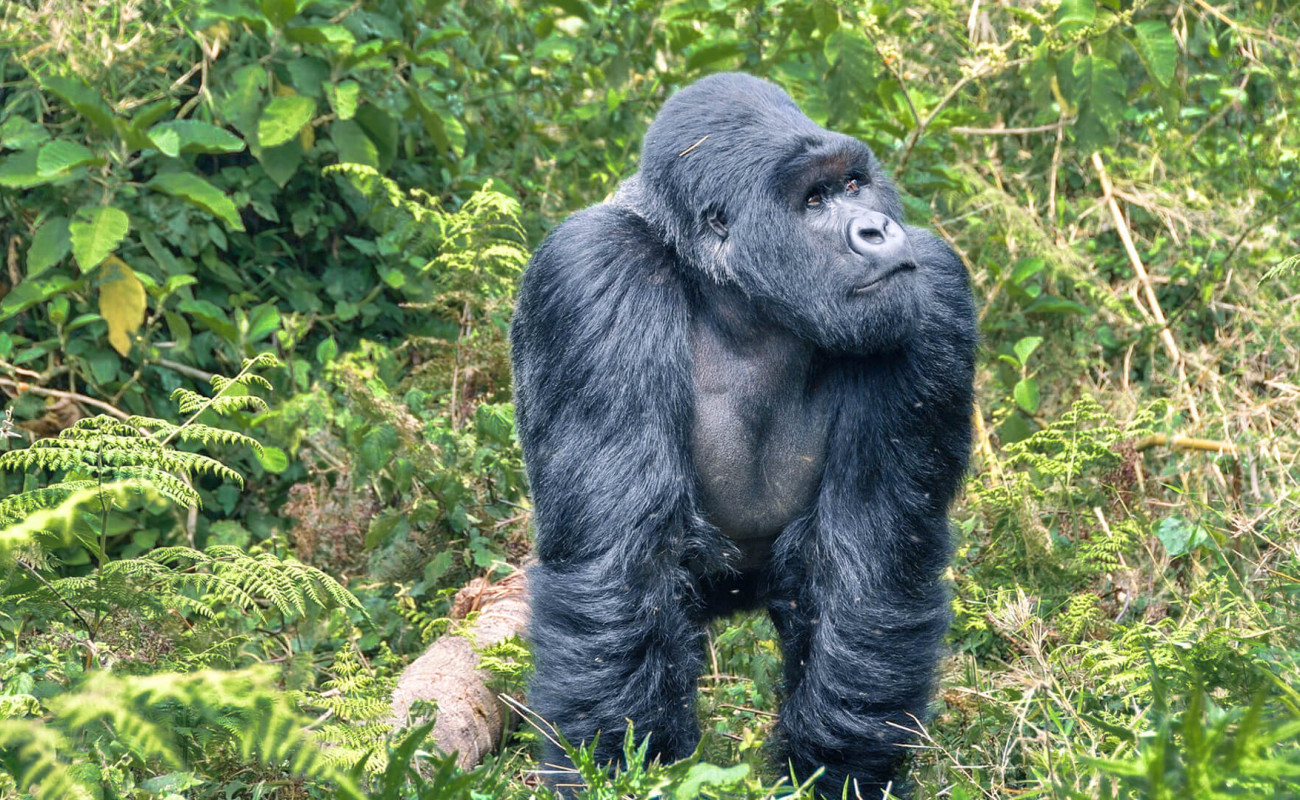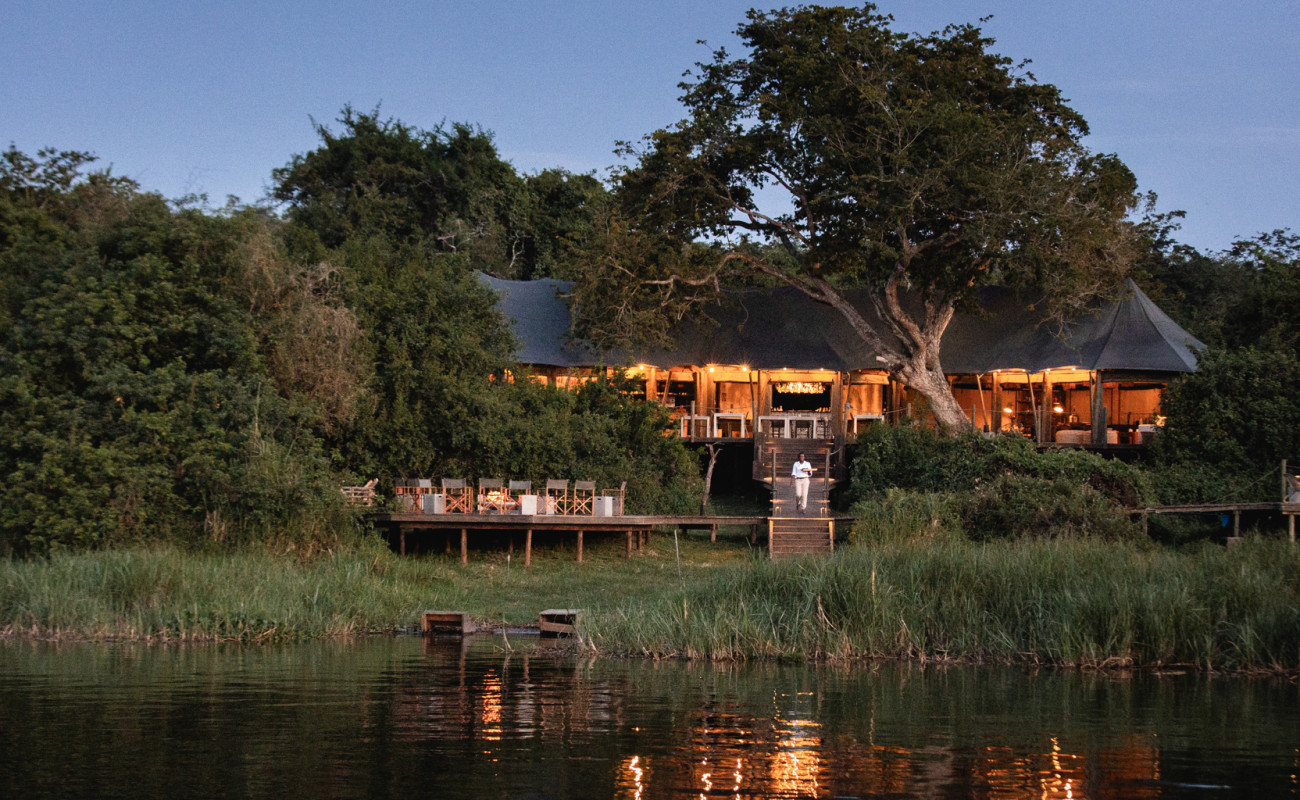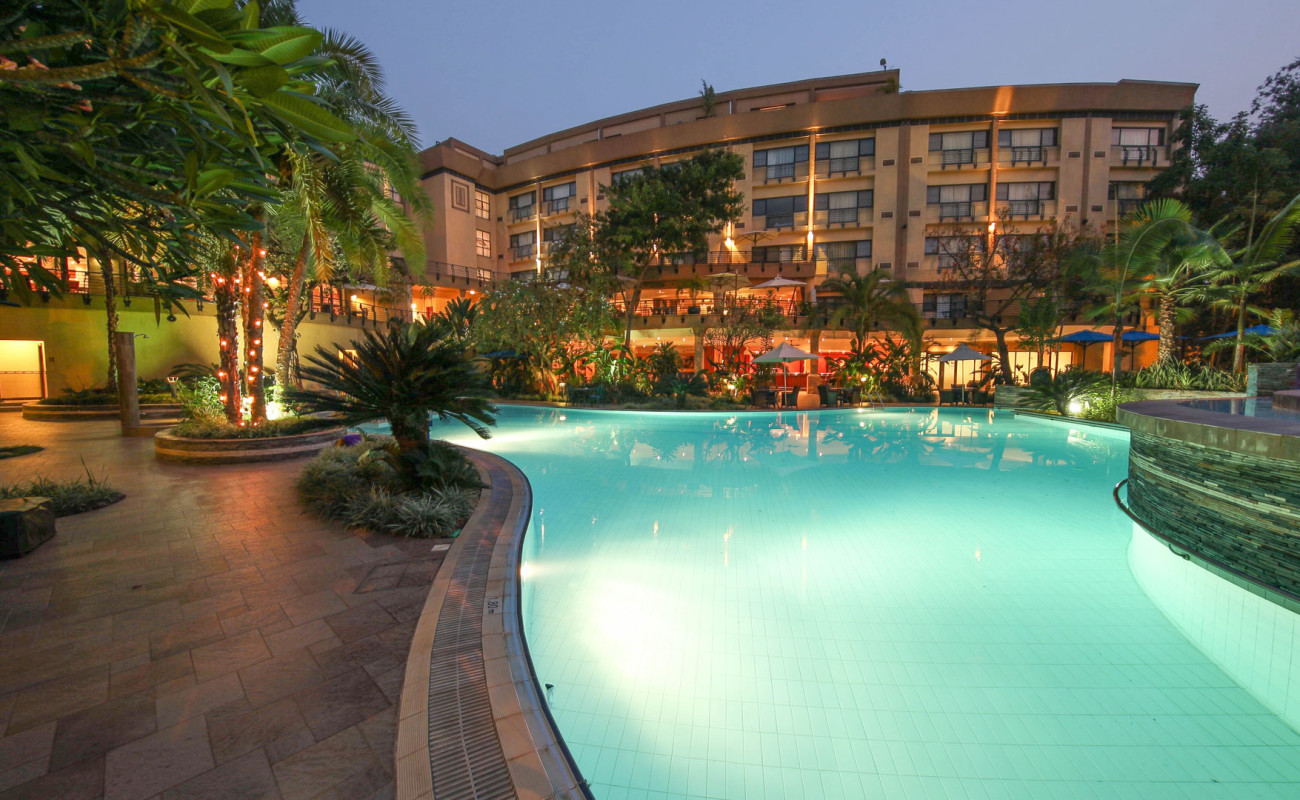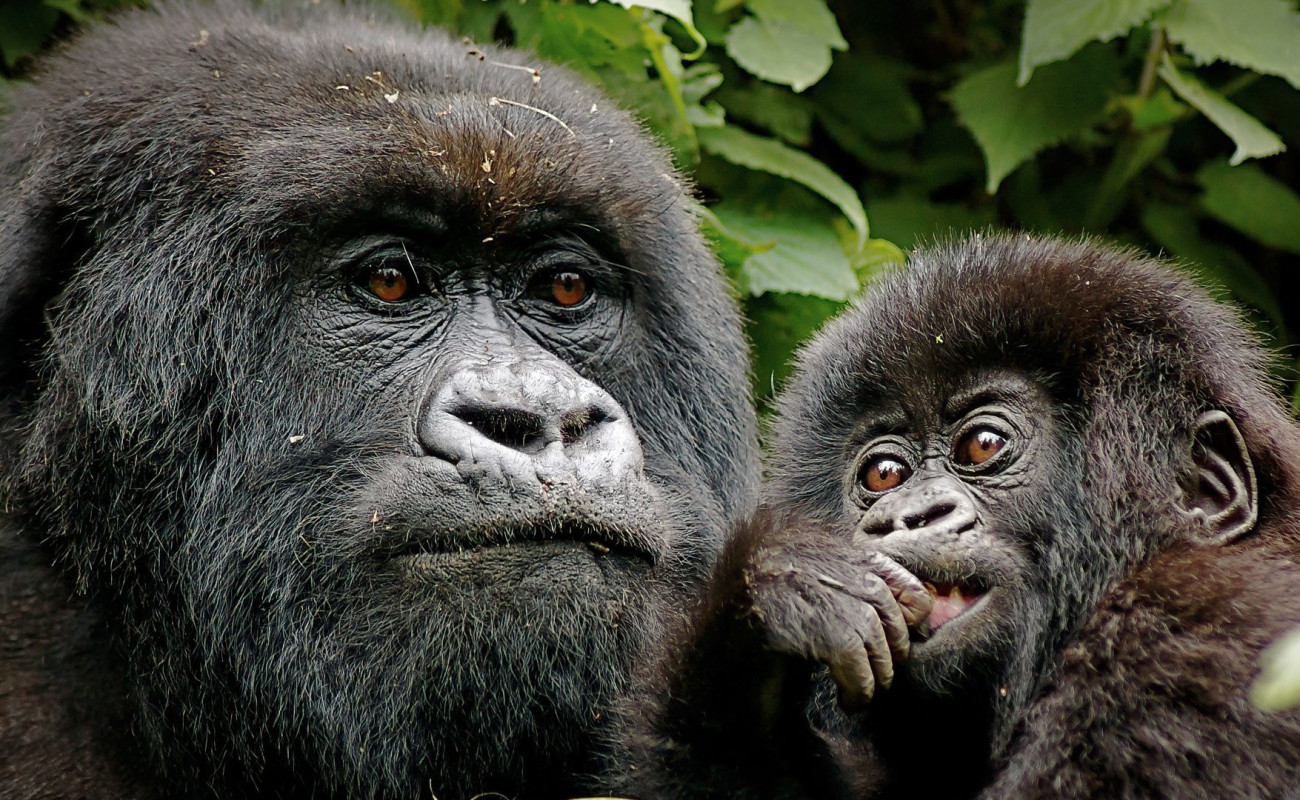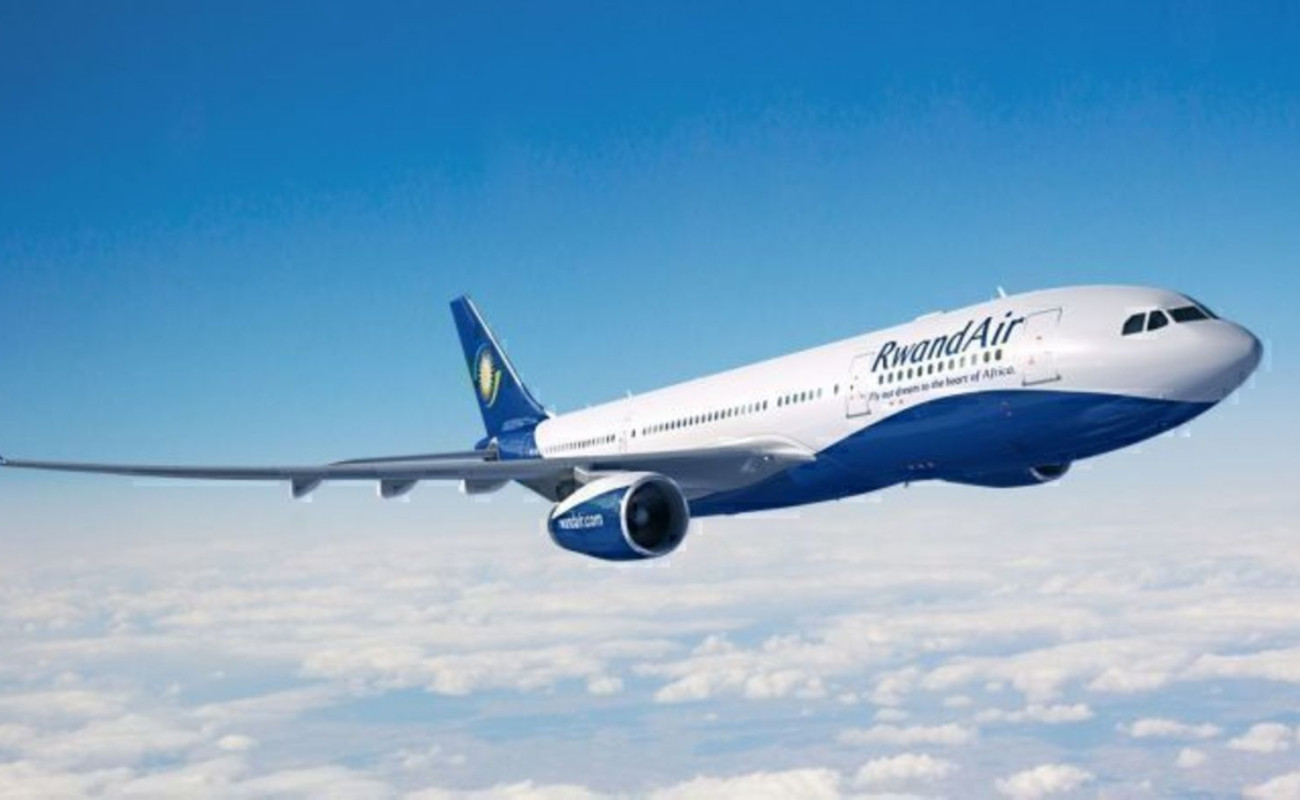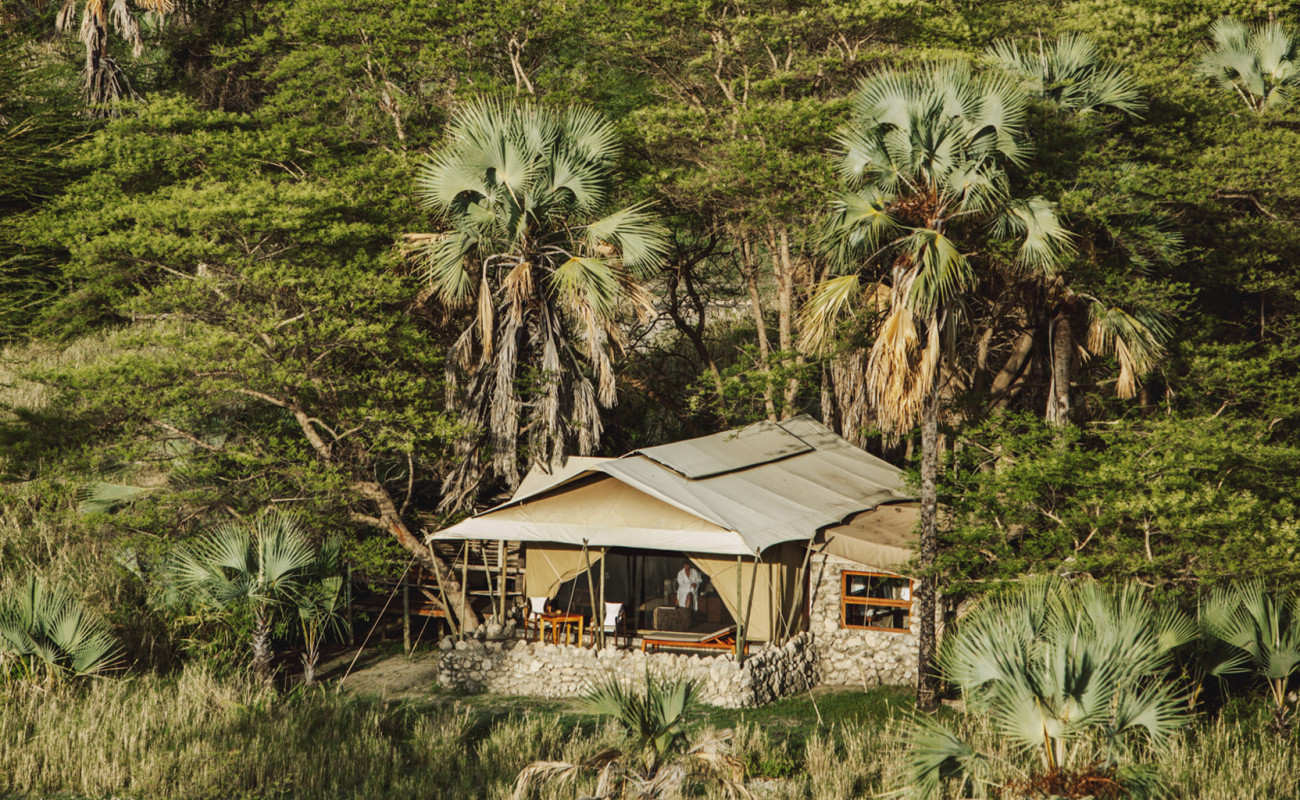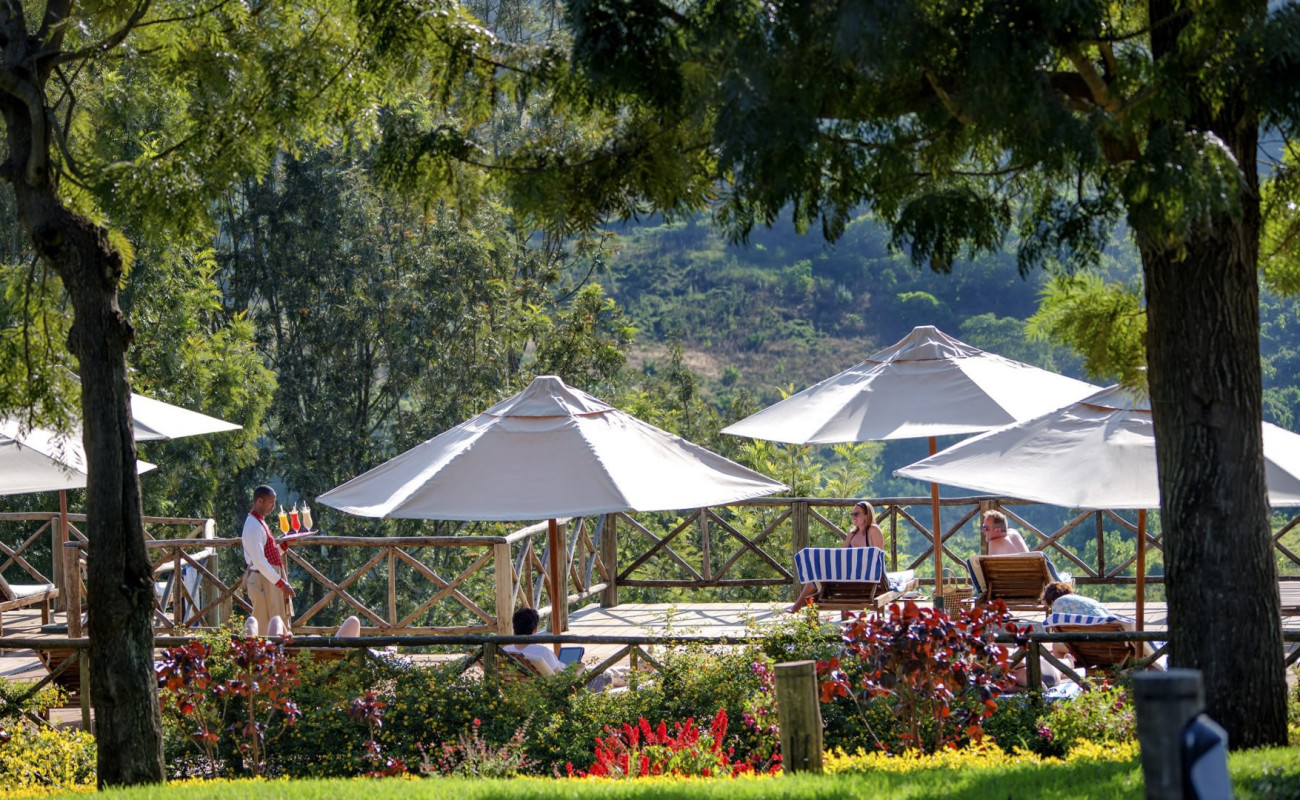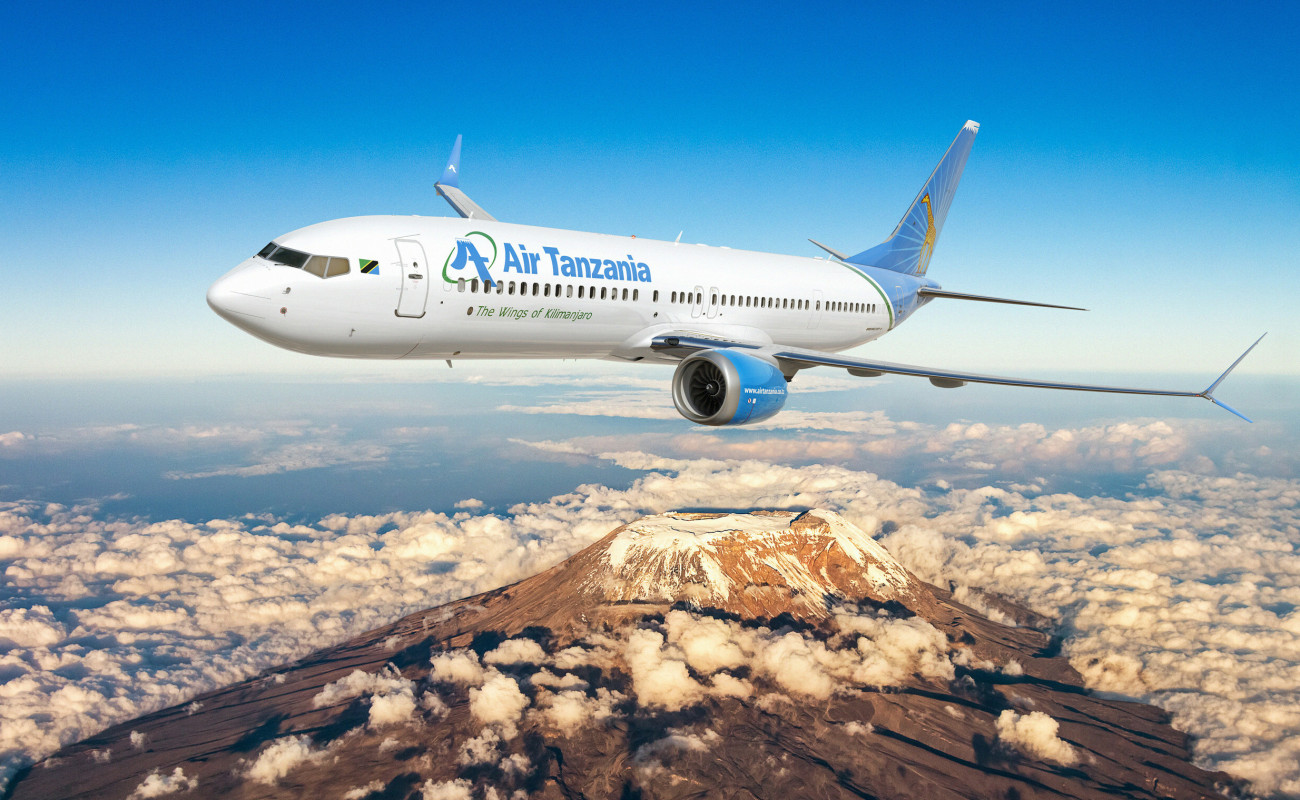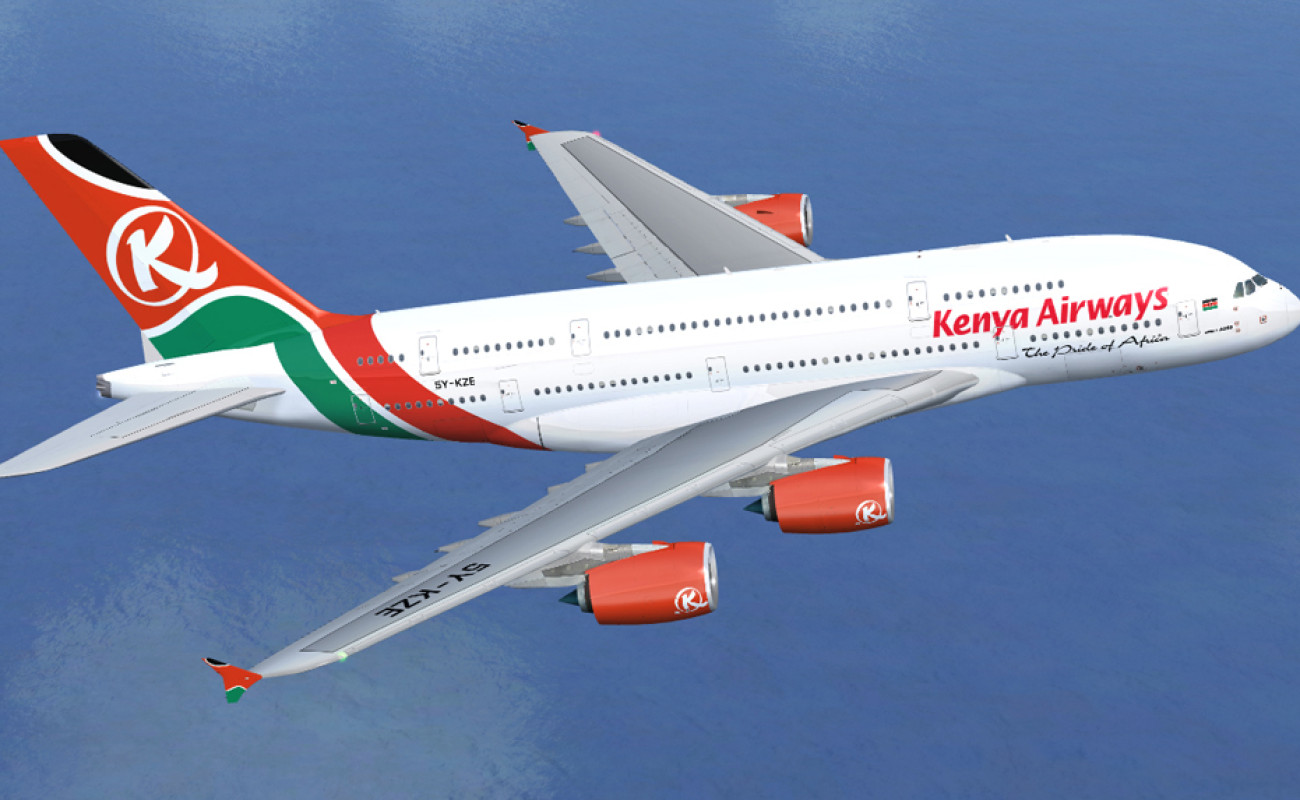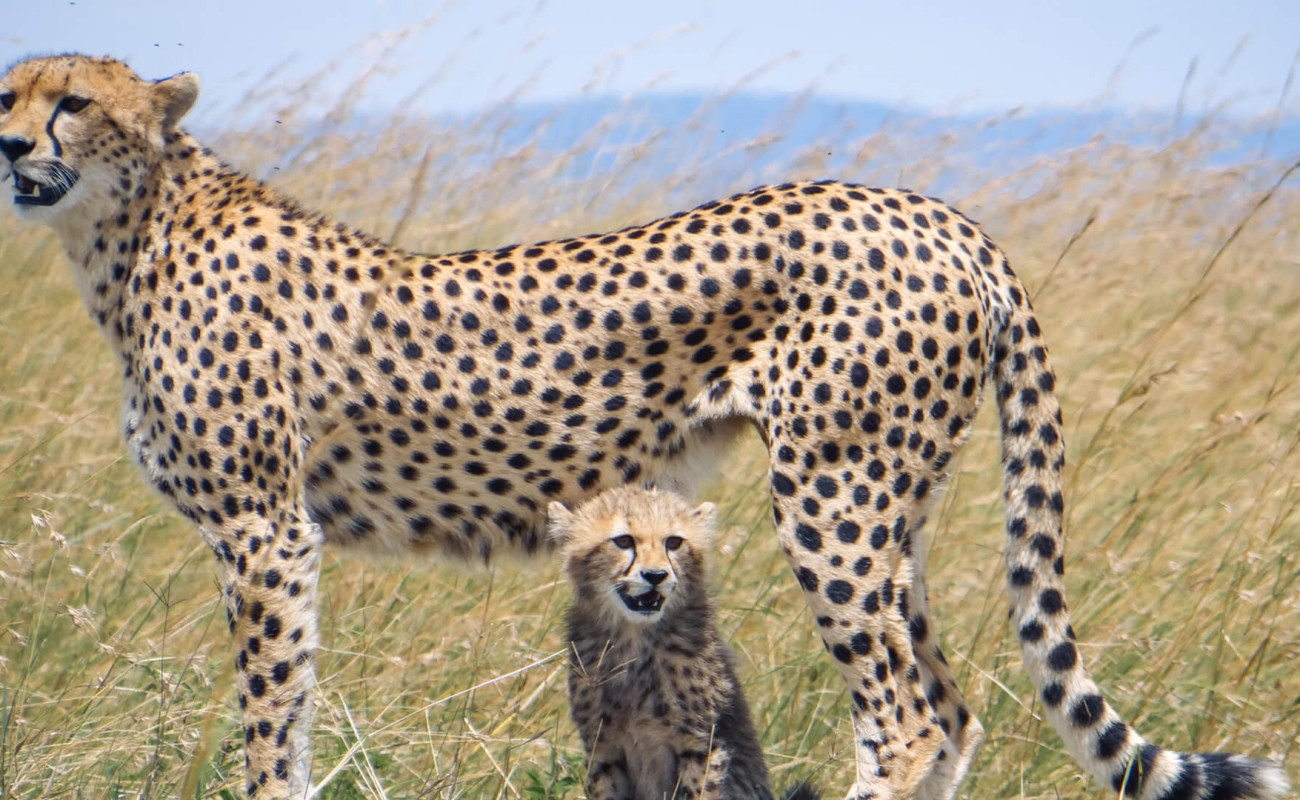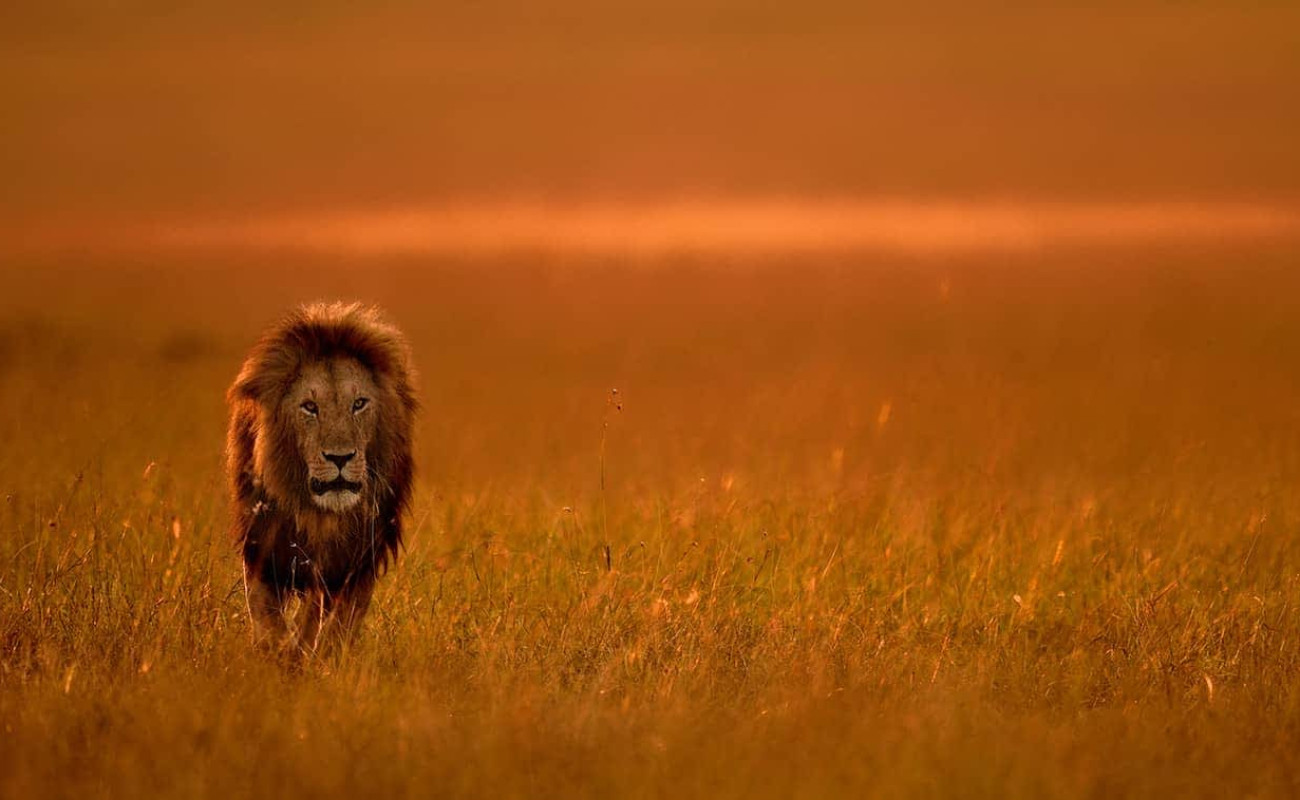Day 1: Marangu Gate to Mandara Hut
-
Elevation: 1,860m → 2,700m (6,046 ft → 8,858 ft)
-
Distance: 8 km / 5 miles
-
Time: 4–5 hours
-
Zone: Rainforest
After registration at Marangu Gate, the trek begins through lush rainforest, alive with birdsong and occasional sightings of blue monkeys. The path is well-graded and shaded. By late afternoon, hikers arrive at Mandara Hut, nestled in the forest edge.
Day 2: Mandara Hut to Horombo Hut
-
Elevation: 2,700m → 3,720m (8,858 ft → 12,205 ft)
-
Distance: 12 km / 7 miles
-
Time: 6–8 hours
-
Zone: Heath/Moorland
The trail opens up to heath and moorland, dotted with giant lobelias and scenic views of the twin volcanic peaks — Mawenzi and Kibo. The temperature begins to drop, and the terrain becomes more open and drier as you reach Horombo Hut.
Day 3: Acclimatization Day at Horombo Hut (Optional but Recommended)
-
Elevation: Horombo Hut (3,720m) → Mawenzi Ridge (4,400m) and back
-
Distance: 10 km round trip
-
Time: 3–5 hours
-
Zone: Heath
This day is a game-changer. A hike to Mawenzi Ridge helps your body adapt to higher altitudes. Enjoy the panoramic views and the surreal volcanic landscape before returning to Horombo for another night.
Day 4: Horombo Hut to Kibo Hut
-
Elevation: 3,720m → 4,703m (12,205 ft → 15,430 ft)
-
Distance: 10 km / 6 miles
-
Time: 6–8 hours
-
Zone: Alpine Desert
Today’s trail cuts through the “Saddle”, a vast high-altitude desert between Mawenzi and Kibo. The dry, open terrain is stark and dramatic. You’ll arrive at Kibo Hut in the early afternoon, where rest is crucial before your midnight summit push.
Day 5: Kibo Hut to Uhuru Peak to Horombo Hut
-
Kibo to Uhuru: 4,703m → 5,895m (15,430 ft → 19,341 ft)
-
Uhuru to Horombo: 5,895m → 3,720m (12,205 ft)
-
Total Distance: ~22 km / 14 miles
-
Time: 11–14 hours total
-
Zones: Arctic → Alpine Desert → Moorland
The summit attempt begins just after midnight. You'll navigate steep switchbacks, possibly snow and scree, in near freezing temperatures. The first major landmark is Gilman’s Point (5,685m) — a triumph in itself — followed by a gradual trail along the crater rim to Uhuru Peak, the highest point in Africa.
After celebrating, take your victory photos and begin a long descent to Horombo for your final overnight.
Day 6: Horombo Hut to Marangu Gate
-
Elevation: 3,720m → 1,860m (12,205 ft → 6,046 ft)
-
Distance: 20 km / 12 miles
-
Time: 5–7 hours
-
Zone: Rainforest
Descend through moorland and lush forest, where you'll likely encounter colobus monkeys again. At Marangu Gate, collect your climbing certificate and celebrate your achievement. From here, it’s a drive back to Moshi — and your first real shower in a week!

